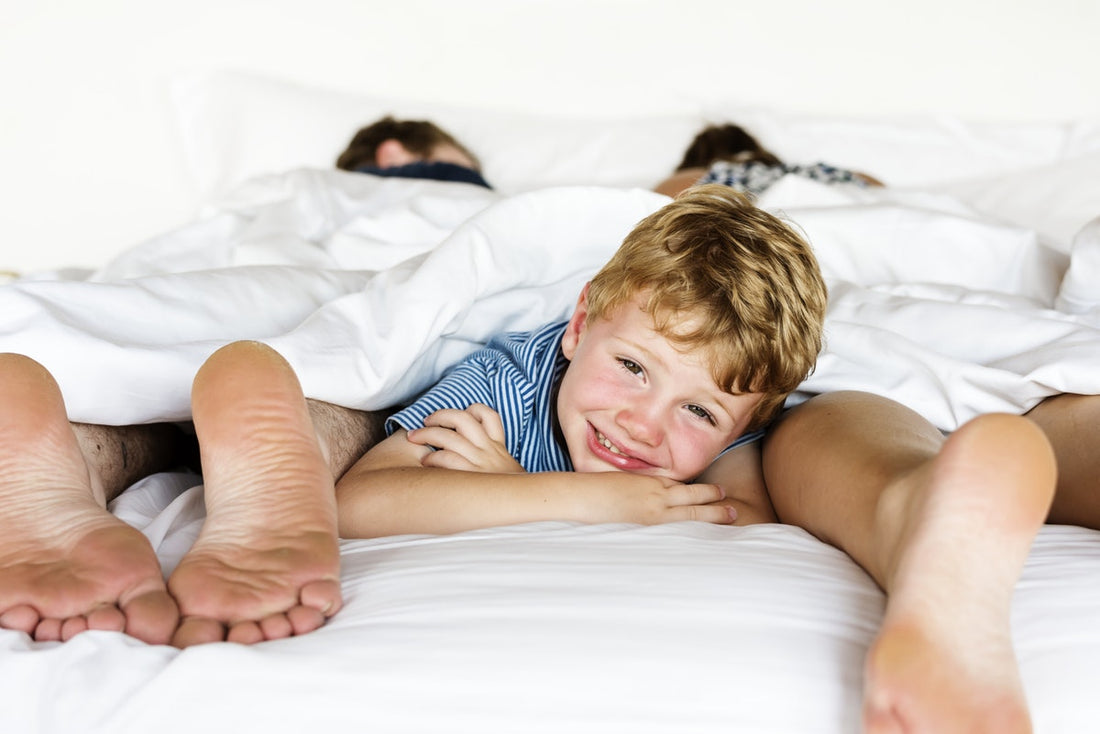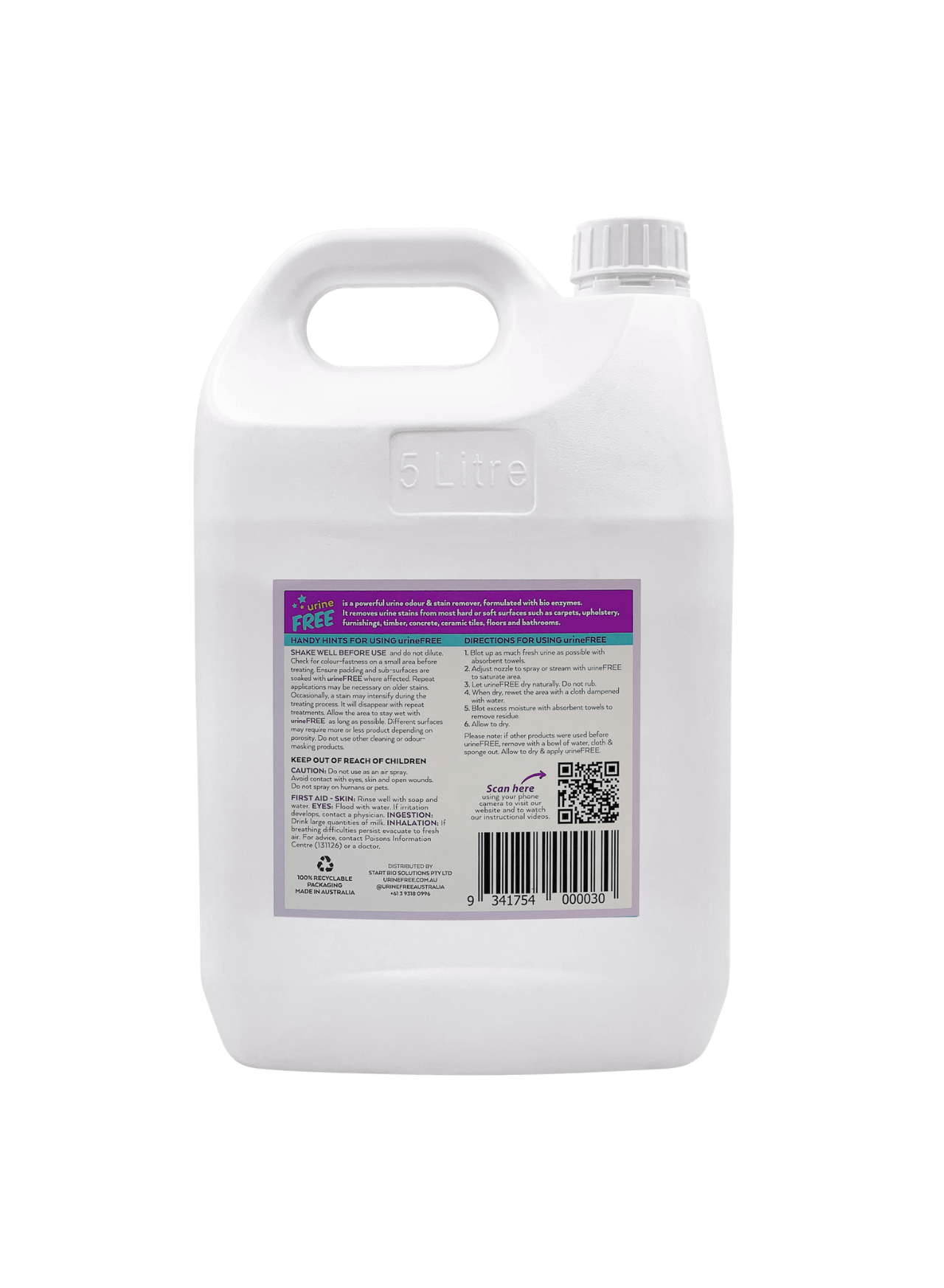It is somewhat common for children who are of school-age to have issues with bedwetting. They often are not able to control themselves and they need time to be able to grow out of the habit. While they still are learning, you can do some things to help your child feel a bit better about the problem.
Bedwetting Facts
- A term that is used for bedwetting is nocturnal enuresis. It is a common issue within many families.
- Many children will quit wetting in the daytime when they are around three years old. They usually will stop wetting at night by the age of five. However, some preschoolers do end up wetting their bed occasionally.
- Children tend to grow out of this habit by the time they are in school, though some children who are in primary school do wet the bed at times.
If you have a child in primary school who is wetting the bed occasionally, it is not necessarily a cause for alarm. He or she likely is not the only child in his or her class to be doing this.
Why do some children wet the bed?
It is no one's fault when bedwetting occurs. This is not done to receive attention, and the child is not being lazy. Many times, the child just does not have the control to be able to hold urine. They do not awaken when they have a full bladder.
Those children who have problems with bedwetting often sleep more heavily, and they do not wake up as easily as other children. This can mean that they do not wake up on their own from having a full bladder. The child may have a medical issue, so he or she should see a doctor about it.
Many times, a child who wets the bed makes more urine during the night than other children since they have a lower level of a certain hormone that affects urine production during sleep. Some children cannot hold much urine in their bladders. It is likely that the child's parent or another close member of the family wet the bed as a child, and still may have to wake often to urinate.
It is possible for kids who wet the bed to remain dry when they are sleeping in a new place. The cause for this may be that they are nervous about sleeping there, and they sleep more lightly. Once they get back home, they might start this habit up again.
Children who are doing well with staying dry may begin to wet the bed again, if a stressful situation develops. If there has been a family separation or divorce, or the child has started school recently, it can happen. The child most likely will have more dry nights once he or she feels more secure.
Any child who starts bedwetting again should be checked out by a doctor to determine if there is a health issue.
What Parents Can Do
- Let your child know that it is normal to wet the bed. Reassure him or her that it is nothing to worry or be ashamed of and that the child will improve. You can let him or her know that another member of the family had a bedwetting problem in the past.
- Convince your child to have more fluids throughout the day. It is important that less fluids are consumed at night. Try to avoid any soft drinks with caffeine in them, as they do cause an increase in how much urine is produced.
- Give your child a reminder about going on the toilet right before bedtime.
- Tell your child how bedwetting occurs, in a simple way. You can tell the child "Your brain isn't telling you that you need to go the bathroom when you're asleep, and you aren't waking up to go". You also can say "Your bladder is not big enough now to hold in all of the pee. It will get easier when your body grows more".
- Even though many children do grow out of bedwetting, they can take a hit to their self-confidence. If the child appears to be stressed or worried, there are some things you can do to make him or her feel better. Make sure that he or she knows that it will stop eventually. Once the child is no longer wetting the bed, self-confidence typically improves again.
- Parents may find it to be beneficial to bring the child to the bathroom a few hours after bedtime. This may not work for all children.
- In order to help avoid washing the bedclothes:
- Put a waterproof or plastic sheet over the mattress
- Place some plastic on the bottom sheet, then a piece of towel over it
- Place pull ups or thick underwear on your child
- Keep a nightlight of some sort on, so that your child will find it safe to get out of bed and walk to the bathroom.
- Give your child a shower in the morning to minimize any smells and keep your child from being teased at school.
- Encourage your child after an accident, as all kids need to feel that they are loved.
- Have older kids help out by changing their beds in the morning and placing their clothes and sheets into the laundry.
- Set an alarm for children who are a bit older.
- Cleaning urine for mattresses and bedlinen and clothes: Use a specifically designed bio enyzmatic urine remover to remove urine for your mattress, bedlinen and clothes. Chemicals and detergents do not remove urine completely leaving behind the uric acid crystals which retain the urine odour and urine stain.
- For Mattresses:
- Make sure you saturate the area with the urine remover to allow it to soak deeply into the affected areas of the mattress.
- Allow to air dry. The biological removal of the urine deposits takes place during this drying time. This may be extended by the application of a non-porous cover such as plastic film for more effective results. Repeat entire process if necessary for particularly stubborn urine stains.
- When dry, apply a small amount of water to the area and blot it up with a paper towel to remove the remaining residue.
- For bedlinen, doonas and clothes
- Place in a large plastic bag and pour a bio-enyzmatic urine remover over the affected areas. Tie the bag and give dwell time to allow the urine remover to remove the urine stains.
- Wash away with plain water the residue. Do a sniff test to make sure you've got it all. Reapplying may be required for older or larger stains.
- Once you're sure you've got it all, your bedlinen, some doonas (check your labelled instructions) and clothes can be washed in your washing machine. Other doonas might require dry cleaning.
Please note: washing detergents and chemicals will not remove urine stains compeletely. They leave behind uric acid crystals which lodge themselves to fibres and only a bio-enzymatic urine remover can remove urine for good.
- Consult with a doctor if the following occurs:
- the child is wetting the bed when he or she is of school age
- a child who has been dry begins to wet the bed for more than one night
- the bedwetting is a cause of stress to your child or yourselfthere are more concerns about bedwetting
Sleepovers and Camping
Kids may worry that they will wet the bed when they attend sleepovers or camp. This can cause them to avoid attending. It is crucial to encourage the child not to miss out for fear of having an accident.
If the child is particularly anxious when it comes to sleepovers or camp situations, you can use a hormone medication decrease how much urine will be produced at night. Visit with the child's doctor shortly before this event, so that you can find out if it will help the child.
Bear in mind that teachers can deal with this type of situation without causing any embarrassment to the child. Talk to the teacher privately regarding the bedwetting issue. Discuss the possibility of it happening at camp with your child.
If your child attends a sleepover at somebody's house, you should talk to the parent about how the bedwetting can be managed if it happens there. Make sure your child knows that he or she can talk to the parent in private is there is an accident. You might send your child with some pull ups or nappies.
What Not to Do
Don't tease or punish your child about the bedwetting. Keep other people from doing this, as well. This may cause the child to become anxious and make it worse.
You should not have your younger children clean up the mess on their own. They may view it as punishment, which is not how it should be handled at all. They may feel sad because they don't want to make you upset.
Children Over Seven Years Old
- If you aren't too worried about the issue, you can wait until the child grows out of the bedwetting.
- A child who is over seven may benefit from taking part in a bladder training program, or even an alarm program. The programs usually are quite successful. Learn about them from a doctor, community health centre, or pharmacy.
- Hypnosis and medicine can help some children.
- Choose a treatment plan that won't increase your child's embarrassment or discomfort.
- Have your child seen by a doctor to determine if there are any medical causes.
Articles sources: Raising Children and www.urinefree.com.au









